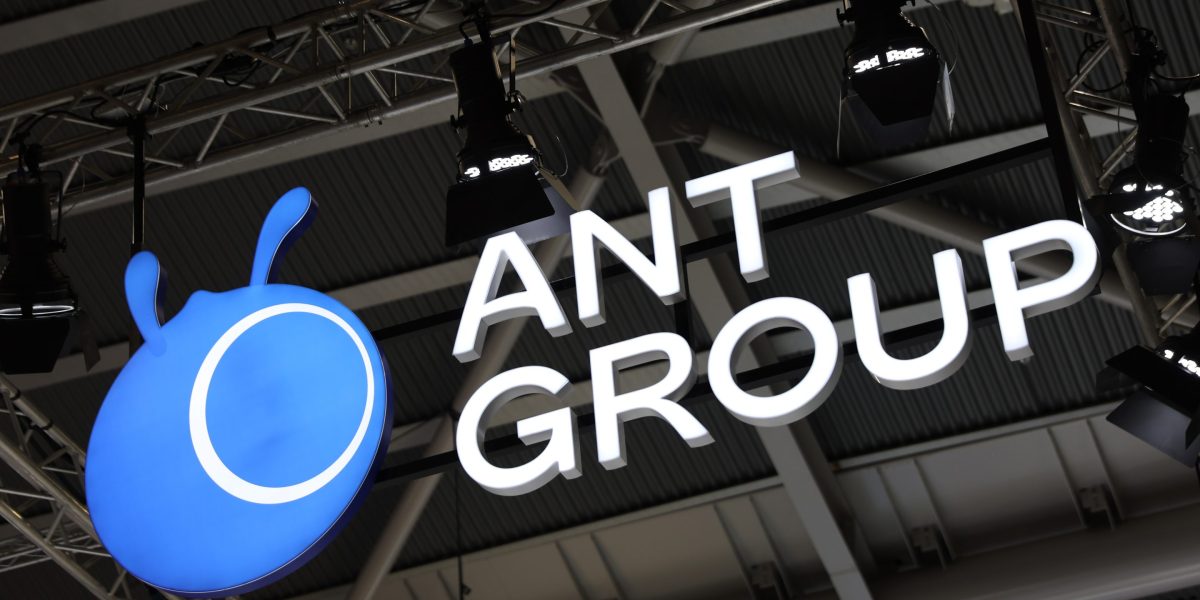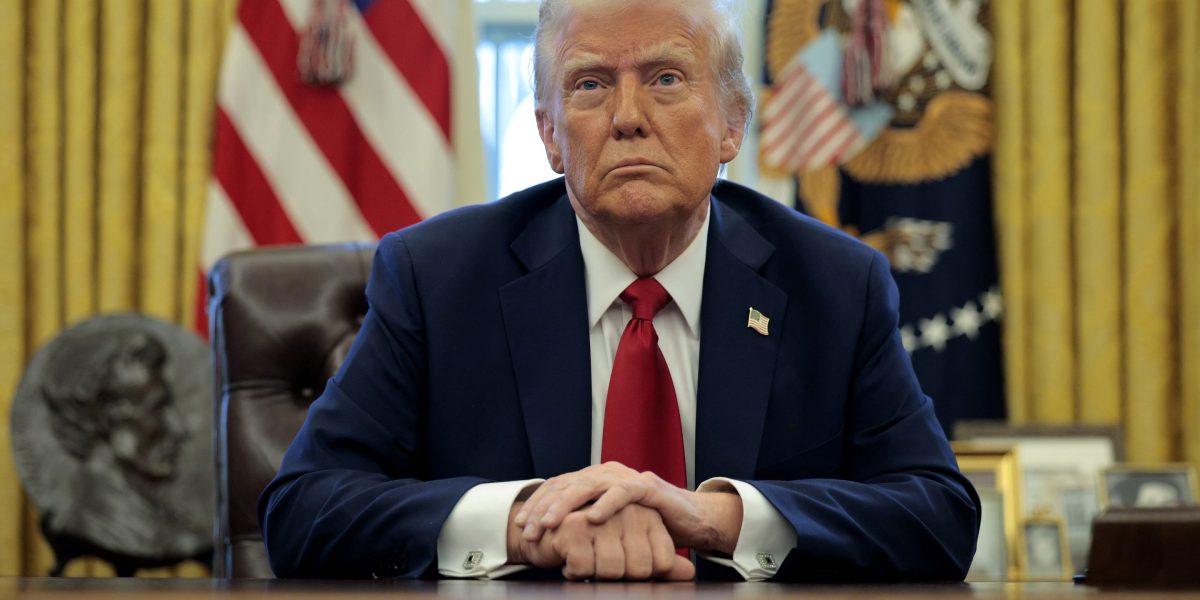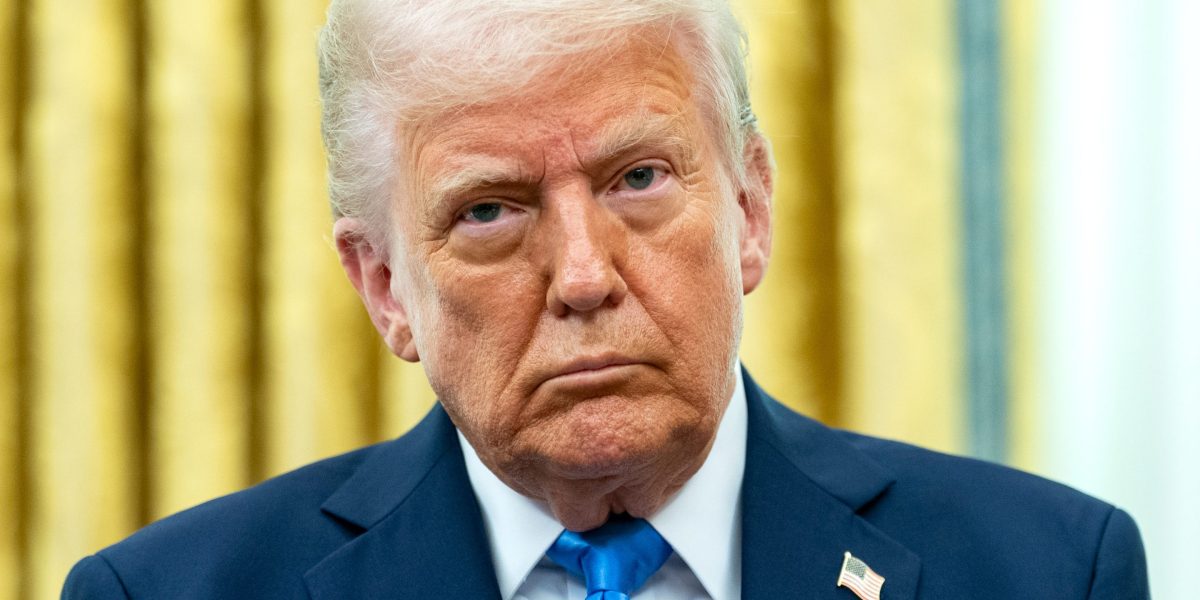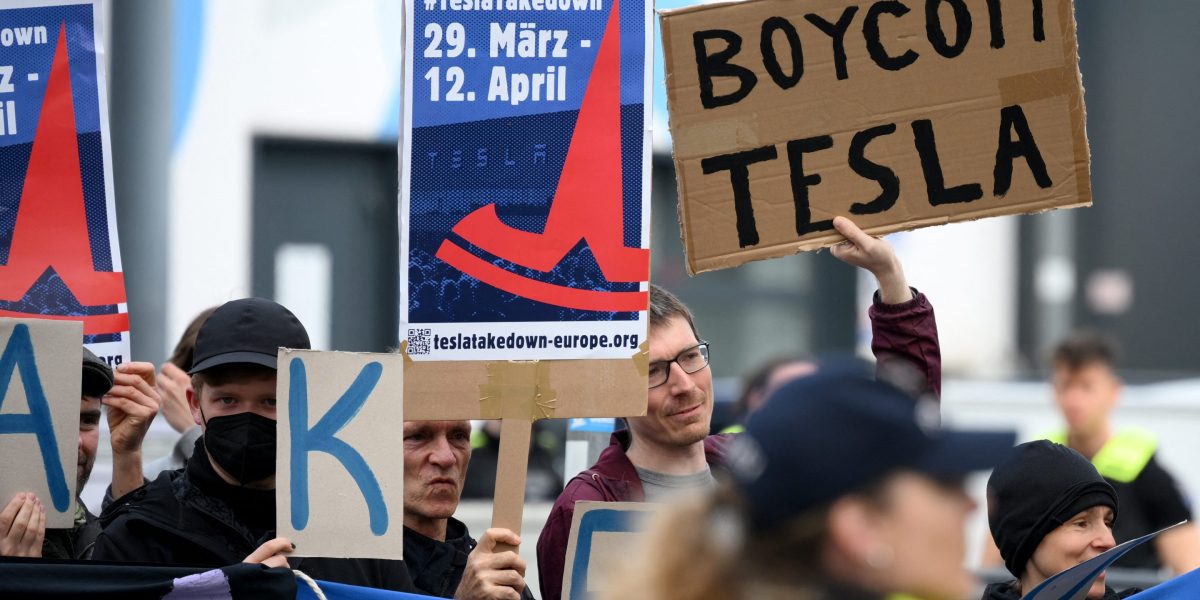Rising anti-American sentiment in Europe as President Donald Trump’s policies ruffle feathers is ushering in a shift in consumer behavior, not least in attitudes toward American goods.
Trump’s threats to impose punitive tariffs on Europe, seize territories and pull military support in the region — including his handling of the war in Ukraine — have irked European consumers, fueling campaigns to boycott US products.
There’s currently no country in Europe where more than half of the population has a positive attitude toward the US, according to a YouGov poll published March 4. Opinion soured the most in Denmark, where leaders and residents were riled by Trump’s plans to take control of Greenland.
Facebook groups urging the boycott of US goods have sprung up and amassed thousands of followers. One such Danish group, Boykot varer fra USA (Boycott products from USA) has drawn more than 92,000 members since it was created Feb. 3.
“I got more and more upset with his ways of declaring what is right and what is wrong,” Bo Albertus, one of the administrators of the group, said in an interview. “I began to feel like I need to do something.”
Albertus, a Danish school principal, said he canceled all his streaming services in favor of European or Danish ones and no longer eats at American fast-food chains.
Read more: French Companies Asked to Drop DEI to Keep US Government Work
“I thought the best way is to stop putting money in their pockets,” Albertus said. Almost every second Dane has deliberately refrained from buying an American product since Trump’s inauguration, a survey from Megafon for Danish broadcaster TV 2 shows.
A similar Swedish group, Bojkotta varor från USA, has grown just as fast.
“I was just angry, I didn’t know what to do,” said Jannike Kohinoor, a Swedish teacher and one of the creators of the group. Following Trump’s insinuations that Ukrainian President Volodymyr Zelenskiy was to blame for the war, “our brains were just exploding,” she said. “Starting the group gave us an opportunity to do something.”
Some 70% of Swedes have or are considering refraining from buying American products as a form of political protest, according to a survey from Verian conducted for Swedish state broadcaster SVT. One in 10 have boycotted US goods completely within the past month, while 19% have only stopped buying certain goods.
Salling Group AS, Denmark’s largest grocery group and the operator of supermarkets Bilka, Fotex and Netto, started marking whether a product is owned by a European company on its electronic price tags. That was in response to an increasing number of customers wanting to buy groceries from exclusively European brands, Chief Executive Officer Anders Hagh said in a LinkedIn post.
Still, any visible impact on European retail earnings would take a while to materialize, Bloomberg Intelligence Senior Analyst Charles Allen said. “These market share shifts tend to take time.”
A growing number of US companies, already rattled by boycotts in Canada, have flagged the potential business risk of more discontent further afield.
The change in consumer behavior has been swift and dramatic for Tesla Inc., fueled by Europeans’ reaction to CEO Elon Musk’s antics and unwelcome involvement in European politics. Tesla’s sales plunged 76% in Germany last month as Musk angered voters taking part in the country’s closely contested federal election. Across Europe, sales of Tesla vehicles fell 45% in January and dropped 40% in February.
Demonstrators from London to Berlin joined a global anti-Tesla protest on Saturday, displaying their opposition to what they perceive as Musk’s undermining of democracy.
Groupe Roy Energie SAS, which has ordered between five and 15 Tesla cars annually since 2021, has taken a stand by canceling an order of 15 cars in favor of European models despite their higher cost.
“Individual consumers, society, our countries, Europe must react,” Romain Roy, the company’s CEO, told French broadcaster Sud Radio.
In Norway, oil and shipping company Haltbakk Bunkers AS said it would no longer sell fuel to US forces or ships, a reaction to the Oval Office spat between Trump and Zelenskiy, according to public broadcaster NRK. “No fuel for Americans!” the company said in a now-deleted Facebook post.
The reports prompted Norway’s Defense Minister Tore O. Sandvik to issue a statement saying that the reported boycott isn’t in line with Norwegian government policy.
At the grassroots level, it’s about doing what one can.
“I don’t know if we’re going to have an economic impact, I think that’s longer than a marathon,” Kohinoor said. “But maybe we can have a social impact.”
This story was originally featured on Fortune.com
Source link

 Entertainment8 years ago
Entertainment8 years ago
 Politics8 years ago
Politics8 years ago
 Entertainment8 years ago
Entertainment8 years ago
 Entertainment8 years ago
Entertainment8 years ago
 Tech8 years ago
Tech8 years ago
 Tech8 years ago
Tech8 years ago
 Politics8 years ago
Politics8 years ago
 Tech8 years ago
Tech8 years ago







